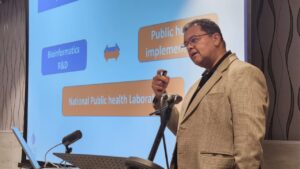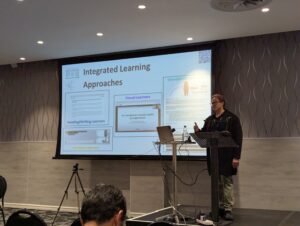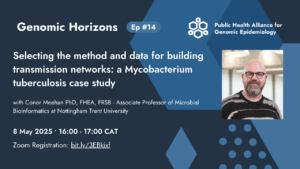
Editorial
Welcome to the second issue of the PHA4GE newsletter for 2024!
The world witnesses a surge in electoral processes and the outcomes of these democratic exercises are poised to shape international health agendas. We have an interesting piece that gives a reflection on the crucial convergence of public health, genomics and politics. Arguably, the outcomes of these global ballots will influence the attainment of global health goals such as equitable healthcare access and responsiveness to future pandemics. We also celebrate the observance of World Health Day and Malaria Day by highlighting the challenges and measures taken to promote healthy populations.
Our Working Groups continue to showcase their efforts to enhance the interoperability, accessibility, and reproducibility of pathogen genomics data on a global scale. The Data Structures Working Group developed a Wastewater Contextual Data Specification and the Bioinformatics Pipelines and Visualizations Working Group have an HIV Bioinformatics Solutions Guidance document. These living documents are open-source and we welcome input from the community.
On a lighter note, we feature an engaging podcast between Prof. Alan Christoffels and Kevin Libuit. Prof Alan discusses his scientific journey and leadership in international pathogen genomics collaborations, highlighting the importance of a global community and cross-border lab connections to address public health challenges.
We hope you enjoy this edition and find it both informative and inspiring!
Zenande Mgijima
If you haven’t done so already, subscribe to receive PHA4GE newsletter via email.



